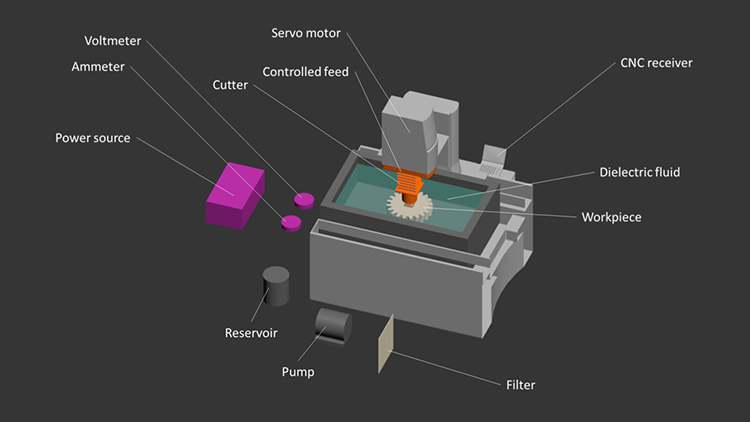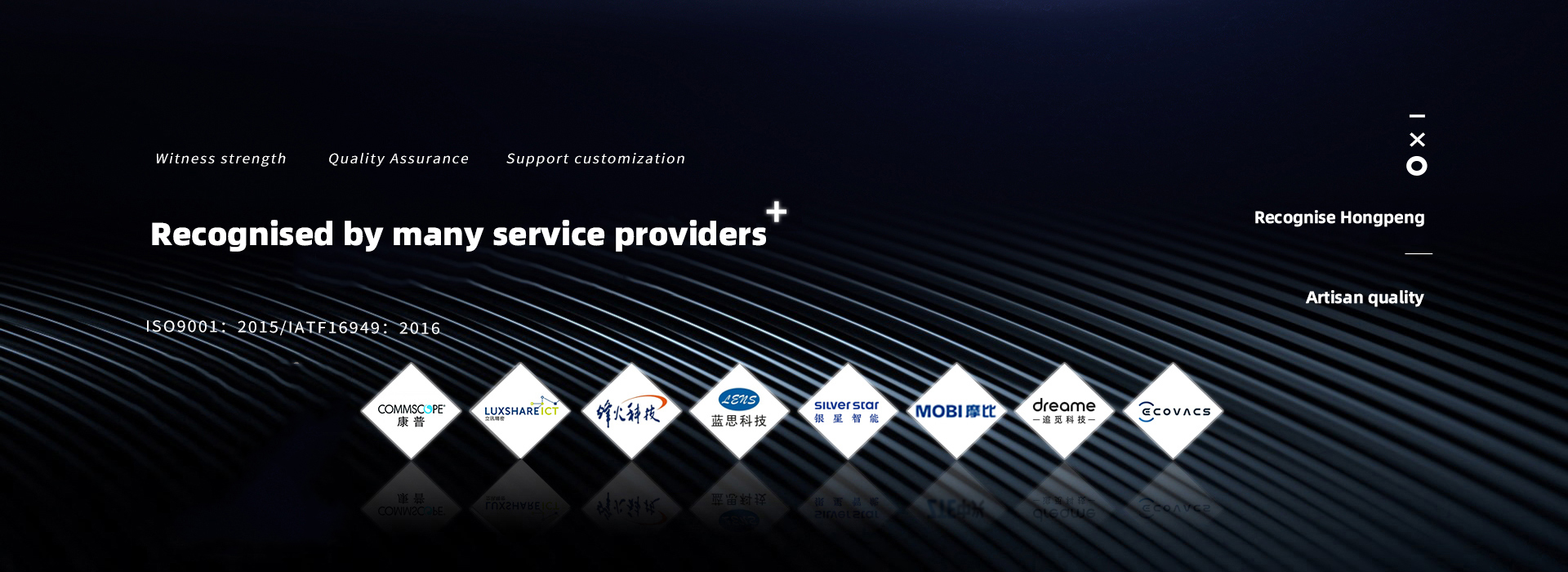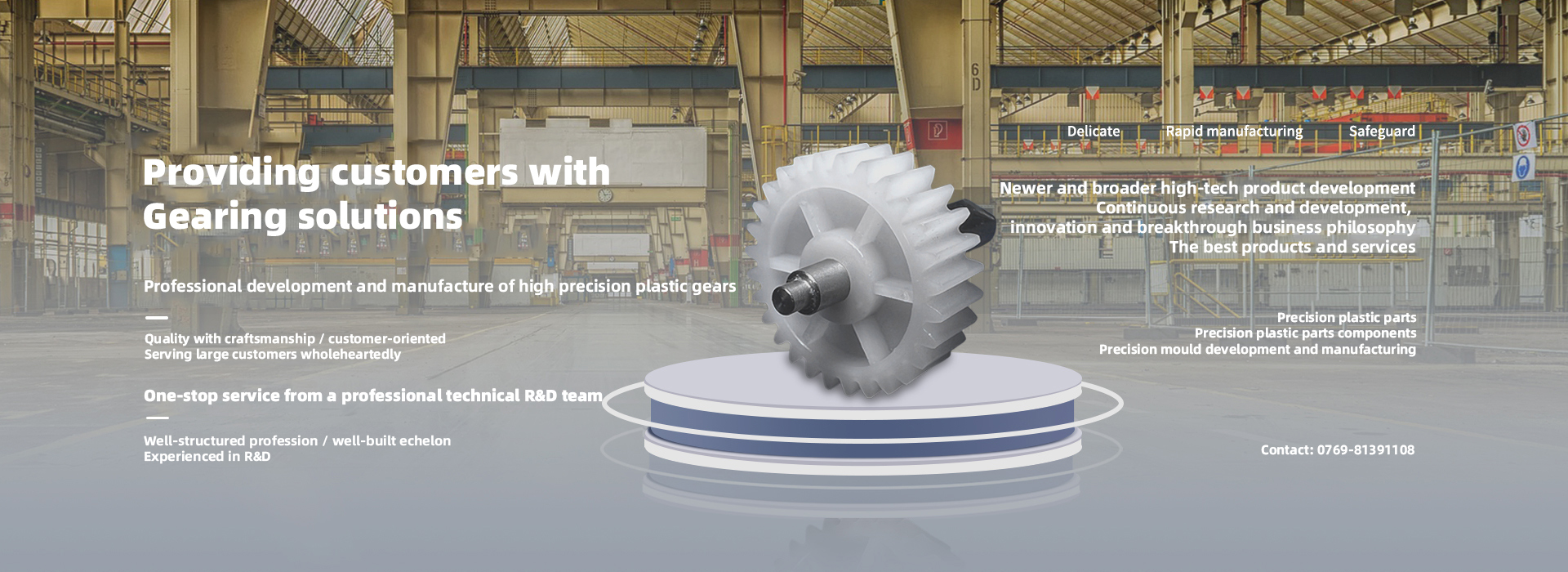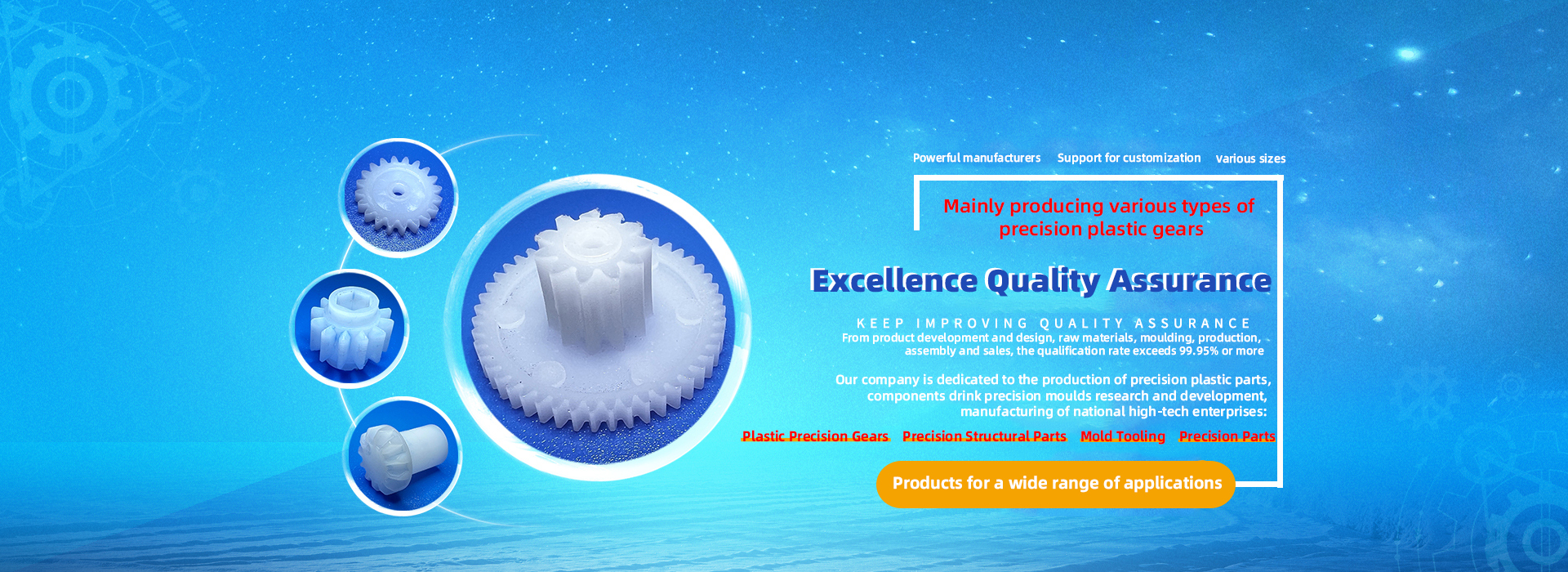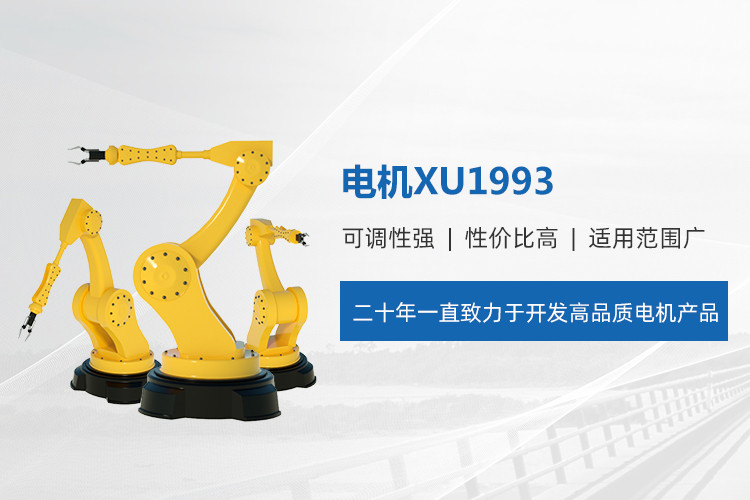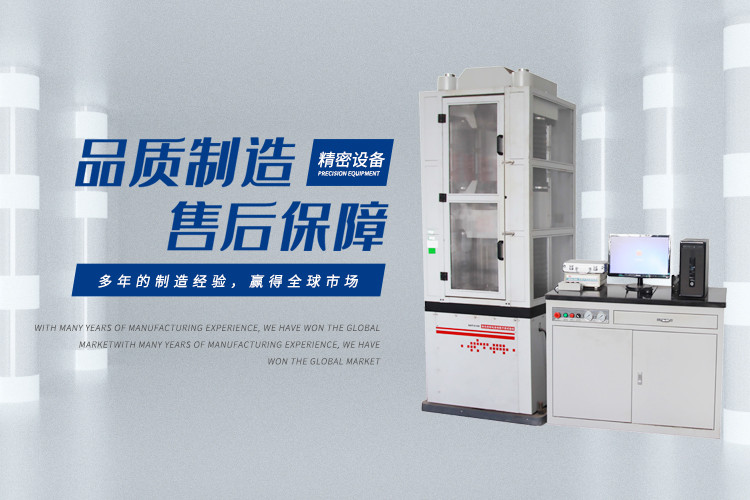Key points in the manufacture of precision gear moulds
I. Precision gear die concept and application
(1) Precision gears, which are gears with very high requirements in terms of parameters, dimensions and performance.
Parameters include: top circle outer diameter, root circle outer diameter, module, indexing circle diameter (also known as the common normal), indexing circle tooth thickness, pressure angle, skew angle, tooth runout tolerance, etc.; performance includes: the choice of materials and other assembly dimensional accuracy requirements, etc.
(2) In terms of application, representative products such as printers and copiers internal drive parts, common VCD disc drive bracket, if the gears do not meet the precision requirements, there will be unstable bracket in and out of action, accompanied by vibration or wobble type shaking, noise is very large.
This will give us a sense of the concept of precision and its necessity.
(3) Precision gears are graded in terms of accuracy. The national standard is the higher the level the more precise, the Japanese standard is the smaller the level the more precise. Take the JIS standard as an example, most precision mould factories can only achieve grade 5, grade 4 gears, can achieve grade 3 plastic gears is already quite high level.
Ⅱ.Precision plastic gear types
(1) There are spur gears, helical gears, combination spur gears, combination helical gears and combination straight helical gears in terms of the axial inclination angle of the teeth. The concept of combination is that the spur gear or helical gear is stepped up in the axis and moulded in one shot.
(2) In terms of transmission, there are two main types: meshing drive gears and belt drive gears.
Ⅲ.Selection of moulds
The accuracy of the mould blanks directly affects the manufacturing and injection accuracy of the mould, as well as the life of the mould. Experience has shown that the accuracy of general purpose moulds is generally difficult to achieve with precision gear moulds.
Ⅳ.Selection of plastic materials
There are two main types: POM and PA (PA+ GF%), not excluding other raw materials such as polysulfone.
The most fundamental reason for preferring POM and PA raw materials is that POM and PA products have good self-lubrication on the surface.
Other common reasons are: good wear resistance, good impact resistance and fatigue resistance; secondly, POM products are rigid and have excellent creep resistance; PA products are tough and can be filled with GF% to enhance their rigidity if necessary.
In general, POM gears can be used in conjunction with each other and PA gears can be used in conjunction with POM gears.
Ⅴ.Key points related to the structural design of moulds
(1) Gating: 3 or 6 point balanced pouring is generally used; for miniature gears, only single point pouring is usually used.
(2) Mould cavity arrangement: 1-4 cavities are common. Small gears can have 6 or 8 cavities; gears of different shapes can form 3 cavities; the most representative one is 4 cavities.
(3) Mould ejecting method: Commonly there are central sieve and ejecting pin. For helical gears, bearings must be added to assist the ejector, the bearings are located on the syringe pin and set in the core CORE two, two kinds of ejector principle is the same. Due to the small size of the product and the mould embryo, the ejector plate generally does not need to add a central toast and EGP.
(4) Parting surface pipe position blocks: cylindrical parting surface pipe position blocks must be fitted.
(5) The front and rear mould flesh and inserts are cylindrical in order to process to ensure the coaxiality of the product, and the material is generally SKD61, hardened to HRC52-56.
SKD61 is preferred because: ①the material, after hardening, has little deformation and little heat treatment allowance, which naturally saves cost and time in semi-finishing machining.
②Hardened for high wear resistance, for gears with non-drawing angle release, wear resistance is naturally important.
③ hot work mould steel, stable steel properties with temperature differences, suitable for long time precision injection moulding.
④SKD61 contains high Cr content, and after "electroslag remelting" treatment, the content of phosphorus (impurities) from 0.03% to 0.001%, therefore, after electrical processing, the mirror effect is good.
⑤Hardened for good abrasion and corrosion resistance, especially to formaldehyde gas from the decomposition of POM.
However, it should be noted that if a higher hardness is required, cold work mould steel materials such as SKD51 and SKD11 can also be used, and the central insert (pin) can be 8407.
